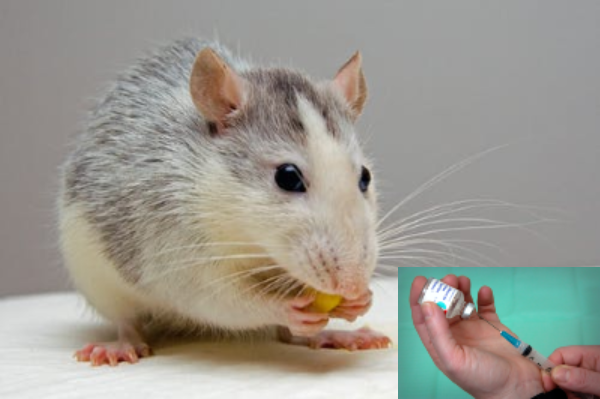Animals are a crucial part of research, especially because there are limited alternatives that resemble a human body. Unfortunately, there are people advocating for animals to stop being used for research since they consider it to be cruel. However, conducting tests on animals is required since testing on humans is not an option due to the potential health risks and ethics involved. Due to the lack of other viable alternatives, animals are indeed the best subjects for scientists to perform tests on and are significant in the world of research.
Research on animals is necessary to find cures for diseases that affect both animals and humans. Humans have significantly benefited from animal research: it has led to vaccinations for diseases such as measles, tetanus, and mumps. Moreover, research conducted on animals has also paved the way for the development of antibiotics as well as advancements for surgeries such as organ transplants and cataract surgery (Animal Research: How it Benefits Both Humans and Animals, n.d.). Not only does animal research help humans, but animals also get to reap some benefits from testing. Biomedical research overall, “advances veterinary medicine…and helps pets and wildlife live longer, happier, and healthier lives” (Animal Research Saves Animals, Too, n.d.). If pets survive for a longer period of time, it allows their owners to spend more time with them until they part, which is a win-win situation. All in all, scientists should continue to conduct tests on animals because it proves to be advantageous for both humans and animals.
Finding alternatives to testing on animals can be a difficult task. It is unethical to conduct experiments on human subjects due to the unknown health risks involved. One example of an experiment on humans that went wrong is an experiment conducted by Johns Hopkins University in 2001. A twenty-four-year-old volunteer named Ellen Roche took part in a study by inhaling an “…experimental compound as part of a study to understand the cause of asthma” (Kolata, 2001). One day after inhaling the substance, Roche fell ill: her lungs became stiff, her organs were beginning to fail, and eventually, her family made the hard decision to take her off life support (Kolata, 2001). In the end, Roche ended up dying. This incident goes to show that medicine should be tested on animals first and be confirmed safe for humans to use.
Conducting research on animals has led to significant breakthroughs in the worlds of science and medicine, and it must not be banned since its benefits outweigh its costs.
Sources:
- Animal Research: How it Benefits Both Humans and Animals. (n.d.). Retrieved from https://cvma.net
- Kolata, G. (2001). Johns Hopkins Admits Fault in Fatal Experiment. Retrieved from https://www.nytimes.com
- Animal Research Saves Animals, Too. (n.d.). Retrieved from https://fbresearch.org
![]()
